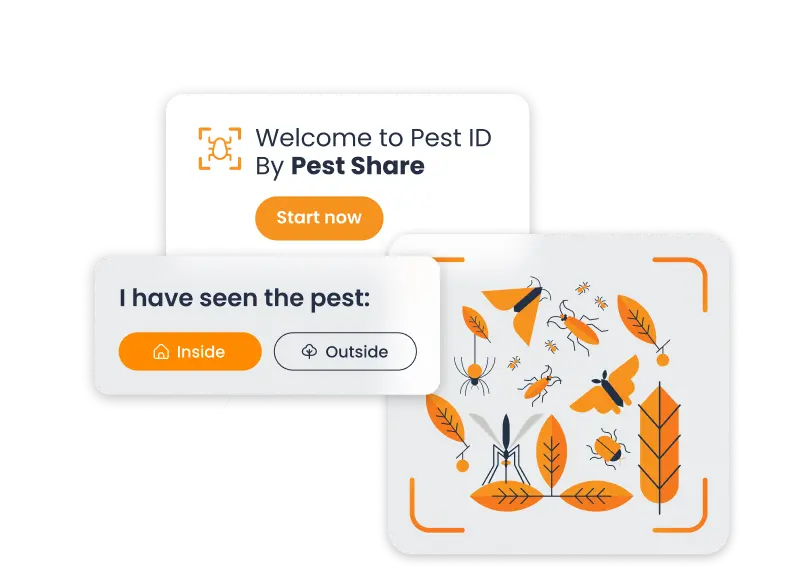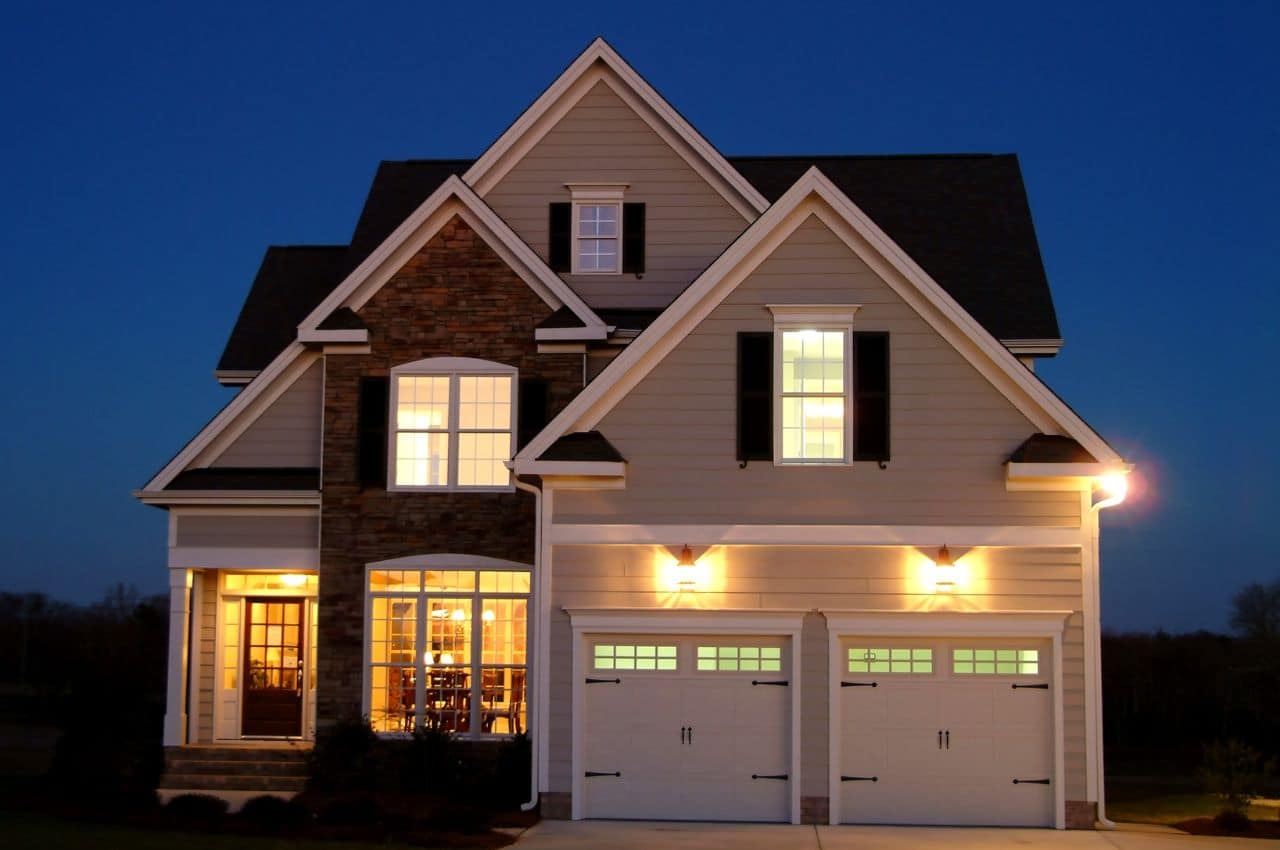Discovering pests in a property can be a property manager’s worst nightmare, not only because of the immediate nuisance and potential damage they cause but also due to the lasting impact on tenant satisfaction and retention. In the competitive landscape of property management, understanding and leveraging the right strategies to keep tenants happy and engaged is paramount. Among these strategies, consistent pest control stands out as a critical yet often underestimated factor. This guide delves into the multifaceted role of pest control in enhancing tenant retention, offering a fresh perspective on traditional resident retention ideas, and illuminating the unique challenges and opportunities within commercial tenant spaces.
Understanding Tenant Retention
Tenant retention refers to the ability of property managers and owners to keep their tenants from moving to another property. The significance of retaining tenants cannot be overstated, as it directly impacts the financial health and reputation of the property management. Retaining tenants is invariably more cost-effective than acquiring new ones, involving lower marketing expenses, vacancy losses, and turnover costs. Beyond the financials, a high tenant turnover rate can tarnish a property’s reputation, making it harder to attract quality tenants in the future.
The reasons tenants choose to renew their leases are multifaceted, ranging from satisfaction with the property and its amenities to the quality of service received from property management. Consistent pest control emerges as a key determinant in this mix, addressing a fundamental aspect of tenant comfort and safety. The presence of pests can significantly detract from the living experience, causing discomfort, health issues, and, ultimately, dissatisfaction that could prompt tenants to leave.

Modern Pest Control, Simplified.
The Role of Pest Control in Tenant Satisfaction
Pest issues are among the top complaints from tenants, affecting their overall satisfaction and perception of the property. Unaddressed pest problems can escalate into major infestations, posing health risks and leading to substantial property damage. The psychological impact of pests, such as stress and anxiety, further exacerbates tenant dissatisfaction. When property managers fail to address pest control effectively, it sends a message of neglect, undermining tenants’ trust and confidence in their management.
The linkage between pest control and tenant retention is underscored by alarming statistics; a significant portion of U.S. households grapple with pest infestations, and a majority of residents express dissatisfaction with how pest issues are handled by property management. This dissatisfaction can lead to a higher turnover rate, as tenants seek out properties where their comfort and safety are prioritised. By integrating consistent and effective pest control into the property management strategy, managers can significantly enhance tenant satisfaction, laying a strong foundation for long-term retention.
Tenant Retention Ideas: Elevating the Living Experience
In the quest for innovative tenant retention strategies, property managers increasingly recognize the value of providing a holistic living experience that extends beyond the basics of shelter and utility. Consistent pest control services stand out as a critical amenity that contributes to this enhanced living experience. Offering reliable pest control not only addresses a key concern for tenants but also elevates the property’s appeal by demonstrating a commitment to maintaining a high-quality living environment.
Incorporating pest control into the tenant benefit package as a standard amenity can significantly improve the perceived value of the property. It reassures tenants that their well-being is a top priority, encouraging them to renew their leases. Moreover, consistent pest control efforts help to preemptively address potential infestations, reducing the likelihood of pest-related complaints and the associated management burdens. This proactive approach not only improves tenant satisfaction but also contributes to the overall maintenance and preservation of the property, further enhancing its attractiveness to both current and prospective tenants.
By understanding the critical role of pest control in tenant satisfaction and retention, property managers can implement more effective strategies that directly address tenants’ needs and concerns. This commitment to maintaining a pest-free environment is a key component of a successful tenant retention strategy, underscoring the importance of consistency and reliability in pest control services.
Boost Your Tenant Retention Rate with Proactive Strategies
Did you know that a consistent pest control plan can directly impact your tenant retention rate? A pest-free home creates peace of mind, which is a big deal for residents deciding whether to stay or move on. Offering pest control as part of the resident experience shows a commitment to their comfort and well-being, two key factors in retention. This proactive approach doesn’t just help keep residents happy—it also protects your property’s reputation and reduces costly turnover rates.
What is a Tenant Benefit Package?
A tenant benefit package encompasses a range of services and amenities designed to enhance the living experience and overall satisfaction of residents. This comprehensive approach to property management goes beyond the basic provisions of housing, aiming to create a value-added proposition that differentiates a property in the competitive real estate market. Within this package, pest control services emerge as a significant amenity, reflecting a proactive stance on health and safety concerns that are paramount to tenants. By including pest control as part of the tenant benefit package, property managers send a clear message about their commitment to maintaining a high-quality living environment, thus elevating the property’s appeal and competitive edge.
The strategic inclusion of pest control services in tenant benefit packages addresses a critical need for tenants, offering them peace of mind and convenience. This amenity not only alleviates concerns about potential pest infestations but also eliminates the hassle and financial burden of seeking external pest control solutions. The perceived value of this inclusion is substantial, enhancing tenants’ satisfaction and loyalty towards the property. Moreover, by integrating pest control into the overall tenant benefit package, property managers can streamline their operations, ensuring that pest management is consistent, effective, and seamlessly integrated into the broader property management strategy.
Commercial Tenant Retention: Beyond the Basics

The challenges and opportunities presented by commercial tenant retention differ significantly from those in residential settings. Commercial tenants, ranging from retail businesses to office spaces, require a unique approach to tenant retention that addresses their specific needs and operational requirements. Pest control, in this context, takes on an even greater significance due to its impact on the businesses’ operations, reputation, and customer experience. A pest-free environment is not just a matter of comfort but a critical operational necessity for commercial tenants, influencing their decision to renew leases.
Tailoring pest control and other services to meet the specific needs of commercial tenants involves a deep understanding of their business operations and customer base. For example, a restaurant will have different pest control needs compared to an office space, requiring more frequent and specialised services. By offering customised pest control solutions, property managers can significantly enhance their value proposition to commercial tenants, ensuring that their spaces remain conducive to business operations and free from disruptions caused by pest infestations.
Moreover, the proactive management of pest control in commercial settings can prevent potential health violations and preserve the integrity of the businesses operating within the property. This level of attentiveness and service not only strengthens tenant satisfaction but also enhances the property’s reputation among current and prospective commercial tenants. As such, effective pest control becomes a key differentiator in the commercial real estate market, directly contributing to tenant retention and the overall success of the property management effort.
Resident Retention Ideas: Creating a Community
Building a sense of community among residents is a powerful strategy for enhancing tenant retention. This approach goes beyond individual amenities to foster a collective sense of belonging and satisfaction among the tenant population. Consistent and effective pest control plays a crucial role in this community-building effort, ensuring that communal spaces and individual units remain safe and comfortable for all residents. By prioritising a pest-free environment, property managers can facilitate a higher quality of community life, encouraging interactions and engagement among tenants.
Additional services and community-building activities, such as social events, communal gardens, and shared spaces, complement the benefits of pest control by enhancing the overall living experience. These initiatives not only improve tenant satisfaction but also create opportunities for residents to form connections and feel more attached to the community. The combination of a strong community spirit and a commitment to maintaining a high-quality living environment, including effective pest control, significantly increases the likelihood of lease renewals.
By addressing the unique needs and preferences of both residential and commercial tenants through tailored services and community-building efforts, property managers can cultivate a loyal tenant base. The strategic inclusion of pest control as a core component of the tenant benefit package and the emphasis on creating a cohesive community atmosphere are key to achieving long-term tenant retention and satisfaction.
Implementing a Consistent Pest Control Strategy
Developing and implementing an effective pest control plan is a critical component of property management, crucial for ensuring tenant satisfaction and retention. This strategy begins with a comprehensive assessment of the property’s current pest control needs, identifying potential vulnerabilities and existing infestations. Following this assessment, property managers can collaborate with pest control professionals to design a tailored program that addresses these needs while anticipating future challenges. This program should include regular inspections, preventive treatments, and immediate response protocols for reported infestations.
Best practices for communicating pest control efforts to tenants are essential for the success of this strategy. Transparency about pest control measures, including scheduling, methods used, and expectations, helps build trust with tenants. It reassures them that their health and comfort are priorities and that the property is actively managed to prevent pest issues. Furthermore, enabling tenants to easily report pest problems and promptly addressing these reports can significantly enhance the tenant experience.
Monitoring and adjusting the pest control strategy based on tenant feedback and evolving needs ensures the program remains effective and responsive. This dynamic approach allows property managers to stay ahead of potential pest issues, minimising the risk of infestations and their impact on tenant satisfaction.
Measuring the Impact of Pest Control on Tenant Retention
To gauge the effectiveness of pest control measures in improving tenant retention, property managers must rely on key metrics and indicators. Lease renewal rates serve as a direct measure of tenant retention, while the frequency and nature of pest-related complaints can offer insights into the satisfaction levels concerning pest control efforts. Additionally, tenant surveys can provide valuable feedback on the perceived value of pest control services and their impact on the decision to renew leases.
Analysing tenant feedback on pest control and other amenities enables property managers to refine their strategies and address any areas of concern. This feedback loop is essential for continuous improvement, ensuring that pest control efforts effectively contribute to tenant retention and satisfaction.
Conclusion
Consistent pest control is not just about eliminating pests; it’s a strategic approach to enhancing tenant satisfaction, building a strong community, and ensuring long-term tenant retention. By integrating pest control into the tenant benefit package and proactively addressing pest issues, property managers can significantly elevate the living experience and operational standards of their properties.
Ready to transform your property management strategy and boost tenant retention? Let’s talk about how our pest control solutions can make a difference for your property today.





